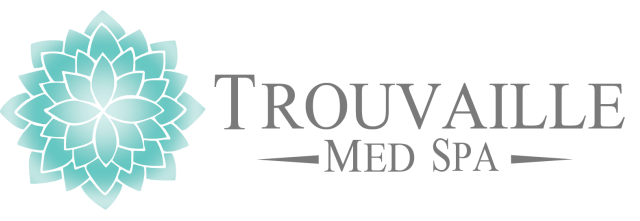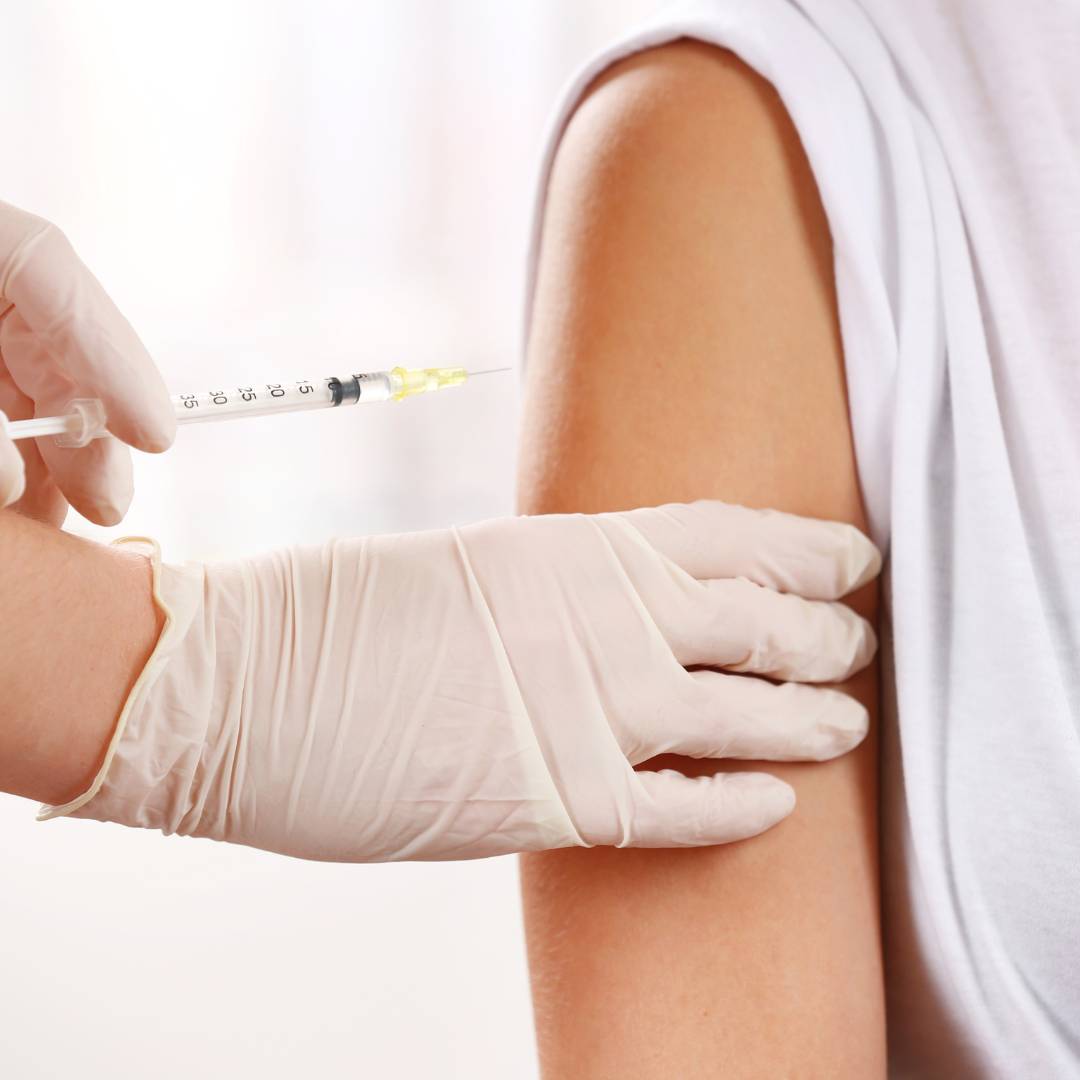Collagen, an essential protein in the human body, serves as the fundamental building block of skin, playing a pivotal role in its structure and resilience. It is important to understand that collagen is not merely a cosmetic component but rather a cornerstone of skin health. Serving as a support system, collagen provides the skin with strength and elasticity, contributing significantly to its texture and tone. Without adequate collagen, the skin may appear dull, saggy, and prone to wrinkles and fine lines. Therefore, maintaining optimal collagen levels is imperative for achieving and preserving youthful and vibrant skin.
Natural Boosters: Inside Out Approach
Taking an inside-out approach to skincare involves not only topical treatments but also dietary supplements that can naturally boost skin health. Among these, collagen supplements stand out as a powerful tool to support skin elasticity and firmness from within. By providing the body with additional collagen, these supplements help replenish the protein lost due to aging or environmental factors. Furthermore, incorporating vitamin C-rich foods into your diet can enhance collagen synthesis, promoting skin repair and rejuvenation. Vitamin C plays a crucial role in collagen production, making it essential for maintaining youthful skin. By combining collagen supplements with a diet rich in vitamin C, individuals can support their skin’s natural regeneration process and achieve a radiant complexion from the inside out.
Balanced Diet
A balanced diet is paramount for overall health, including skin wellness. Incorporating protein-rich foods into your meals is essential for supporting collagen production and maintaining skin strength and elasticity. Proteins provide the necessary building blocks for collagen synthesis, helping to keep the skin firm and resilient. Additionally, including antioxidant-packed fruits and vegetables in your diet can help protect the skin from oxidative stress and free radical damage. Antioxidants such as vitamins A, C, and E found in fruits like berries and vegetables like spinach and kale help neutralize harmful free radicals, reducing the risk of premature aging and promoting a youthful complexion.
Non-Surgical Aesthetic Procedures
Non-surgical aesthetic procedures have gained popularity for their ability to rejuvenate the skin without the need for invasive surgery. Among these, microneedling stands out as a highly effective treatment option. This procedure involves the use of a device equipped with fine needles that create controlled micro-injuries in the skin’s surface. Through this mechanism, microneedling stimulates the skin’s natural healing process, triggering collagen and elastin production. The benefits of microneedling are manifold, including improved skin texture, reduction of fine lines and wrinkles, and enhanced overall skin tone. Popular microneedling devices such as Vivace and Morpheus8 are widely used by skincare professionals to deliver precise and consistent results.
Dermaplaning
Dermaplaning has emerged as a popular skincare treatment renowned for its ability to provide deep exfoliation while promoting collagen stimulation. This procedure involves the use of a surgical scalpel to gently remove dead skin cells and fine vellus hair from the surface of the skin. By eliminating this outer layer of debris, dermaplaning not only reveals smoother and brighter skin but also enhances the skin’s ability to absorb skincare products effectively. Furthermore, the exfoliation induced by dermaplaning triggers the skin’s natural healing response, leading to increased collagen production and improved skin firmness and elasticity over time. Overall, dermaplaning offers a safe and effective solution for achieving a rejuvenated complexion with minimal downtime, making it a favored choice among individuals seeking smoother and more radiant skin.
Laser Treatments
Laser treatments have revolutionized the field of skincare by offering effective solutions for skin rejuvenation and collagen production. These treatments utilize focused laser energy to target specific skin concerns, stimulating collagen production and promoting overall skin renewal. One popular type of laser treatment is fractional laser resurfacing, which works by creating microscopic wounds in the skin to trigger collagen remodeling and cell turnover. Another common option is intense pulsed light (IPL) therapy, which uses broad-spectrum light to address issues such as sun damage, hyperpigmentation, and vascular lesions. Additionally, non-ablative laser treatments like Nd:YAG laser or diode laser focus on heating the deeper layers of the skin to stimulate collagen production without damaging the surface layer. These various types of laser treatments offer versatile solutions tailored to individual skin needs, helping individuals achieve smoother, firmer, and more youthful-looking skin with minimal discomfort and downtime.
Injectable Treatments
Injectable treatments, particularly dermal fillers, have become increasingly popular for their ability to address various cosmetic concerns and boost collagen levels within the skin. Dermal fillers come in different types, each offering unique collagen-boosting effects. Hyaluronic acid fillers, for instance, not only add volume to the skin but also attract moisture, promoting hydration and collagen synthesis. Another type, such as collagen-stimulating fillers, contains ingredients that stimulate the body’s natural collagen production over time, leading to gradual skin rejuvenation. These fillers are commonly used to target areas prone to volume loss and fine lines, such as the cheeks, lips, nasolabial folds, and under-eye hollows.
Collagen Stimulating Injections
Collagen stimulating injections have emerged as innovative treatments for rejuvenating the skin and restoring its youthful appearance. Platelet-Rich Plasma (PRP) therapy involves harvesting the patient’s own blood, separating the platelets, and injecting the concentrated plasma back into targeted areas of the skin. Rich in growth factors, PRP stimulates collagen production, accelerates tissue repair, and improves skin texture and tone. Poly-L-lactic acid injections, on the other hand, work by gradually stimulating collagen synthesis over time. This biocompatible synthetic material is injected into the skin to stimulate the body’s natural collagen production process, resulting in gradual and long-lasting skin rejuvenation. Both PRP therapy and Poly-L-lactic acid injections offer effective solutions for addressing volume loss, wrinkles, and other signs of aging, promoting a smoother, firmer, and more youthful complexion.
Environmental Factors
Environmental factors play a significant role in influencing collagen levels and overall skin health. Sun exposure, for instance, is one of the primary contributors to collagen breakdown. Ultraviolet (UV) radiation from the sun penetrates the skin, triggering the production of enzymes that degrade collagen fibers. Prolonged or unprotected sun exposure accelerates this process, leading to premature aging signs such as wrinkles, sunspots, and loss of elasticity. Additionally, lifestyle habits such as smoking, poor nutrition, and excessive alcohol consumption can also impact collagen levels negatively. Smoking introduces harmful toxins into the body that disrupt collagen synthesis and promote its degradation, resulting in dull, aged-looking skin. Adopting sun-safe practices and healthy lifestyle habits are essential steps in preserving collagen levels and maintaining skin youthfulness in the face of environmental stressors.
Recognizing the vital importance of collagen for maintaining optimal skin health and youthfulness is essential. Collagen serves as the foundation of skin structure, contributing to its strength, elasticity, and overall appearance. Various methods, including dietary supplements, skincare products, and non-surgical aesthetic procedures, offer effective ways to boost collagen levels and promote skin rejuvenation. By incorporating collagen-boosting habits into our daily routines, such as consuming protein-rich foods, staying hydrated, and protecting our skin from environmental stressors, we can support collagen synthesis and preserve skin vitality. For those seeking more dramatic results, professional procedures like microneedling, dermal fillers, and laser treatments can provide enhanced collagen stimulation and rejuvenation. Ultimately, by prioritizing collagen-boosting practices and considering professional interventions (when necessary) individuals can achieve and maintain healthier, more youthful-looking skin for years to come.
Schedule a consultation with a Trouvaille Med Spa beauty professional.




